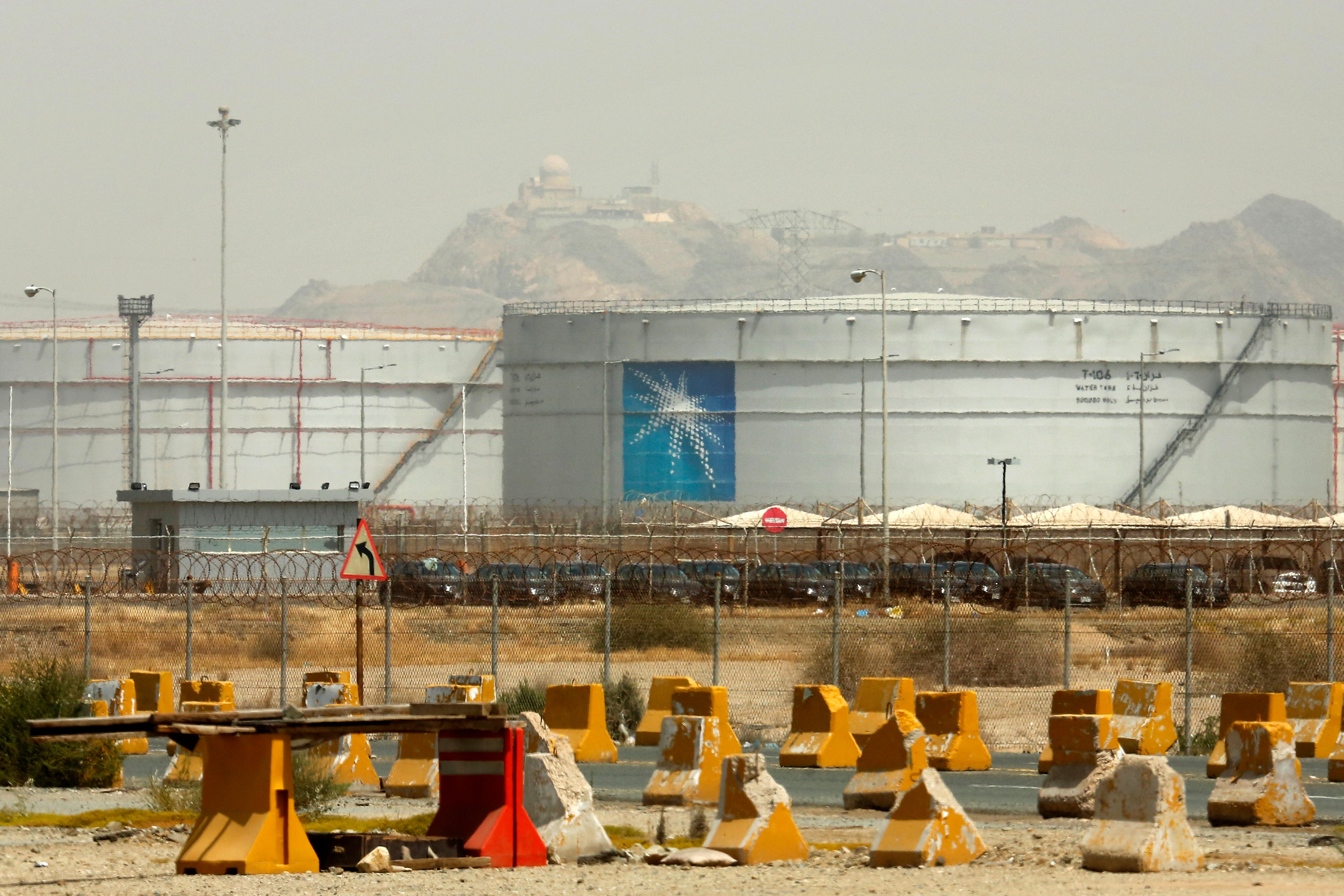Saudi Arabia's Aramco reports lower half-year profits as economic worries dampen energy prices
Saudi oil giant Aramco has reported half-year profits of $56.3 billion, down from the year before due to weakening volumes sold amid worries about the global economy

Saudi oil giant Aramco reported half-year profits Tuesday of $56.3 billion, down from the year before due to weakening volumes sold amid worries about the global economy.
Aramco, formally known as the Saudi Arabian Oil Co., said its overall revenue for the half-year was $220.7 billion, up from $218.6 billion the year before. Profits in 2023 were $61.9 billion, nearly $5 billion higher.
“The decrease was primarily a result of lower crude oil volumes sold, weakening refining margins and lower finance and other income,” Aramco said in a filing on Riyadh's Tadawul stock exchange. “This was partially offset by higher crude oil prices and lower production royalties compared to the same period last year and lower income taxes and zakat,” or Islamic charitable contributions.
Saudi Arabia, a leader in the OPEC cartel, has allied with Russia and others outside of the group to try to keep production down to boost global oil prices. Benchmark Brent crude traded around $77 a barrel on Tuesday after Japan's Nikkei stock market plunged 12.4% Monday in its worst single-day decline since 1987.
It marked the latest in a global sell-off that began the previous week. A report Friday showed U.S. employers slowed their hiring in July by much more than economists expected. That was the latest piece of data on the United States economy to come in weaker than expected. It’s all raised fear the Federal Reserve has pressed the brakes on the U.S. economy by too much for too long through high interest rates in hopes of stifling inflation.
The Nikkei bounced back Tuesday morning, nearly recouping those losses.
Crude oil prices collapsed in the pandemic but rose again in 2022 on the back of Russia’s war on Ukraine, going as high as nearly $140. That sparked tension between the Biden administration and Saudi Arabia, but prices have since come down to a six-month low over concerns over the wider global economy. That's made the price at the pump less of an issue ahead of the November election between former U.S. President Donald Trump and Vice President Kamala Harris.
Aramco has a market value of $1.7 trillion, making it the world’s fifth-most valuable firm, behind Apple, Microsoft, NVIDIA and Alphabet, which owns Google. Aramco stock meanwhile has fallen by nearly a fifth over the past year as oil prices dropped.
Saudi Arabia’s vast oil resources, located close to the surface of its desert expanse, make it one of the world’s least expensive places to produce crude. Crown Prince Mohammed bin Salman hopes to use the oil wealth to pivot the kingdom off oil sales, through projects such as his planned $500 billion futuristic desert city, called Neom. But lower oil prices have Saudi Arabia reportedly looking at curtailing some of those ambitions.
Meanwhile, activists criticized the profits amid global concerns about the burning of fossil fuels accelerating climate change.
Bookmark popover
Removed from bookmarks